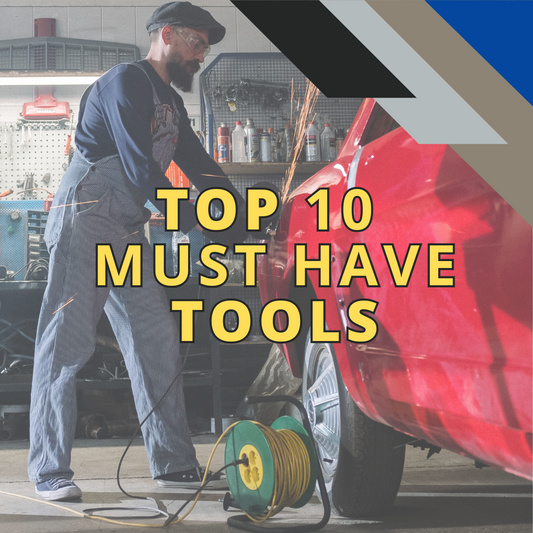How to use the fuel line disconnect tool
Using a fuel line disconnect tool is straightforward, but it requires care to avoid damaging the fuel line. Here's a step-by-step guide:
Tools Needed:
- Fuel line disconnect tool (varies by size; check your vehicle's fuel line specs)
- Safety goggles & gloves
- Shop towels (to catch fuel drips)
Steps to Use:
1) Ensure Safety First
- Turn off the engine and let it cool.
- Relieve fuel system pressure (usually done by removing the fuel pump fuse and running the engine until it stalls).
- Disconnect the vehicle’s battery (optional for extra safety).
2) Locate the Fuel Line Connection
- The fuel line is typically found near the fuel filter, fuel rail, or fuel pump.
- It will have a quick-connect fitting.
3) Select the Right-Sized Tool
- Fuel line disconnect tools come in different sizes. Choose the one that matches your fuel line fitting.
4) Insert the Tool into the Fitting
- Open the tool and place it around the fuel line.
- Slide the tool into the fitting until it fully engages with the locking mechanism inside the connector.
5) Release the Locking Mechanism
- Push the tool inward while simultaneously pulling the fuel line outward.
- This releases the spring-loaded clip holding the connection together.
6) Remove the Fuel Line
- Once the clip disengages, gently pull the fuel line apart.
- Be prepared for some fuel spillage—use a shop towel to catch drips.
7) Reinstalling the Fuel Line (If Needed)
- Ensure the connection is clean.
- Push the fuel line back onto the fitting until you hear a "click."
- Tug lightly to confirm it's secure.
-
Additional Tips:
- If the fuel line is stuck, wiggle the tool slightly to help disengage the clip.
- Check your vehicle manual for any special procedures or tool recommendations.
- Wear safety glasses—pressurized fuel can spray unexpectedly.



